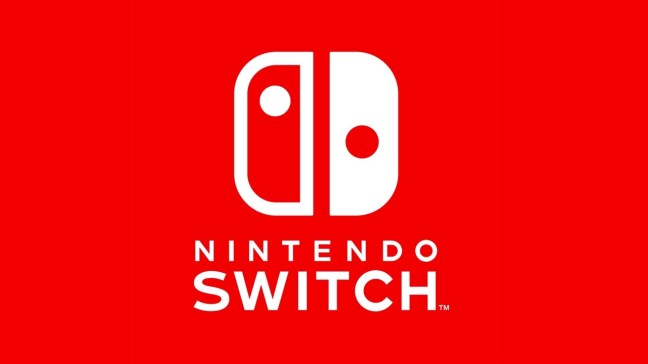By the time this is published, I’ll be attending PAX East 2017. I figured it was a good time to talk about video games. Luckily (or perhaps unluckily) Nintendo just did something pretty crazy. Let’s talk about the Switch!
The Nintendo Switch is the company’s seventh major home video game console. Given Nintendo’s last two home consoles (the Wii and the Wii U), expectations are divided. Will the Switch recapture Nintendo’s runaway Wii hardware sales, or will the system struggle (and ultimately fail) to find an audience, like the Wii U? Right now, it’s too early to tell.
For the past several gaming generations, Nintendo is a company that has defined itself by innovation. The Nintendo DS was designed around dual-screen experiences. The Nintendo Wii brought motion controls to the public’s attention. The Nintendo Gamecube challenged the boundary between console and lunch box.

With the Switch, Nintendo hopes to innovate again. The system delivers a blend of home console and portable machine not seen before. Want to play on a TV – put it in its dock. To play on the go, simply remove and take it with you. It’s an intriguing premise, one that communicates a new idea simply.
Conveying an idea matters in the gaming industry. Often, understanding translates to sales. For example, here is the Nintendo Wii reveal:
Contrast that with the reveal of the Wii U:
In each case, Nintendo perhaps fixated too much on the controller and not the system, but this was especially true for the Wii U. That and its similar name created incredible confusion for gamers. I can remember watching the E3 presentation and not knowing right away whether the Wii U was a new system or not. The public evidently shared this confusion. Nintendo sold over 100 million Wii consoles but only 13 million Wii Us. Clearly, the company needs the Switch to be a hit.
The good news is that, at least from a naming perspective, Nintendo appears to have learned its lesson. The Nintendo Switch easily distinguishes the system from prior consoles while explaining its differentiating approach. The system’s portability also helps explain away the lack of graphical horsepower when compared to consoles like the PS4 and Xbox One.
This successful immediacy of message (plus the Legend of Zelda: Breath of the Wild) have already propelled the Switch to strong initial sales. That said, I can still see this going one of two ways. The Switch currently appears to be a fun little gaming device with uncertain online functionality and really only one killer app.
The lack of library is troubling, but Nintendo did unveil a robust catalogue of over 70 indie game titles to be released before the end of 2017. That, plus the company’s own titles (including a Mario game and a sequel to the surprise Wii U hit, Splatoon) put the Switch in “okay” territory. The missing player currently is the other large third-party game developers, like EA, Activision, and Ubisoft.
Right now, Switch third-party highlights include Skyrim (a fun but old game) and not much else. My guess is that, after the Wii U, many larger developers had taken a wait-and-see approach. Hopefully the impressive starting numbers can motivate developers to get on board and start creating fun content for the Switch.

Nintendo, however, has an ace up its sleeve when it comes to turning failure into fortune. The Wii U’s limited install base can be used to propel re-releases of underplayed games into the public’s hands. Mario Kart 8 Deluxe is proof that the company is already thinking in this direction. Other critically acclaimed gems might include Super Smash Bros., Mario Maker, and the incredible Legend of Zelda: the Wind Waker remake. All would add strength to the Switch’s lineup without requiring a ton of work.

Even so, Nintendo will be in trouble if they cannot attract third-party developers. While the Wii sold well, software sales (especially of non-Nintendo games) dragged. Nintendo needs to show that they can sell games that are not their own. This is a lesson that I am not sure the company has learned yet, although the involvement with the indie community is a good sign.
The other red flag is online. Nintendo has famously not understood online. Its infamous friend code system is proof of this, as well as continued internet exclusion from obvious titles. The latest Mario Party on Wii U, for instance, did not have online play. The company appeared more concerned with Amiibo support than online support. Its reputation with online is so bad that it is one of the factors that has hurt third-party relationships in the past.
For the Switch to be successful, Nintendo finally has to admit that the Internet is not a fad and react accordingly. Again, it is too early to call that one, but it is my biggest fear.
Here’s hoping the Switch succeeds. I personally admire the innovation of Nintendo, its ability to consistently challenge the status quo, and its prioritizing of fun in video games. I was one of the few to own a Wii U and, while I acknowledge its failing, it was not a bad system. That said, I am not a fanboy. If the Switch fails, it will likely be Nintendo’s fault and their refusal to embrace common technologies.
All that would mean for me is more time on the PS4.
